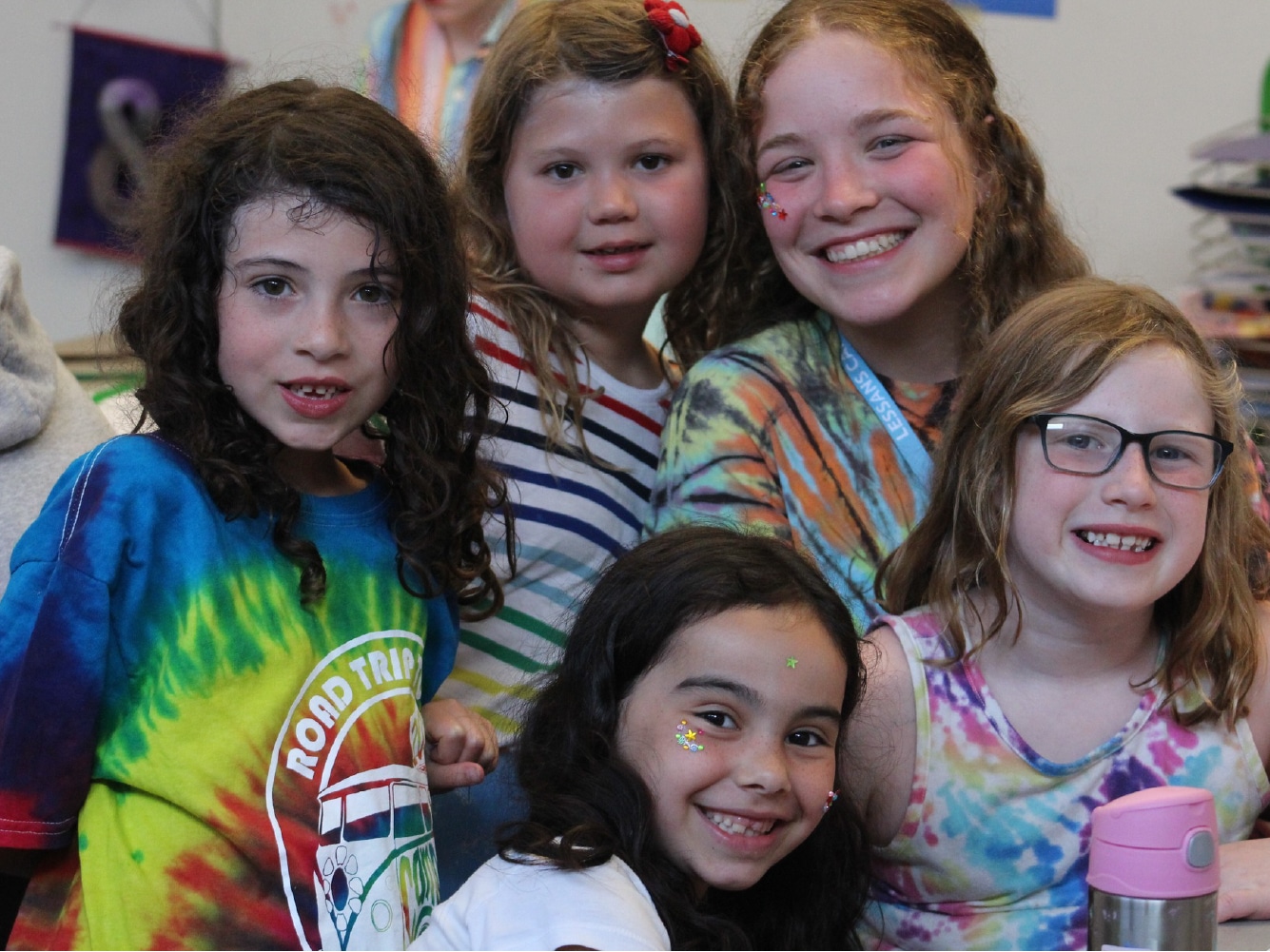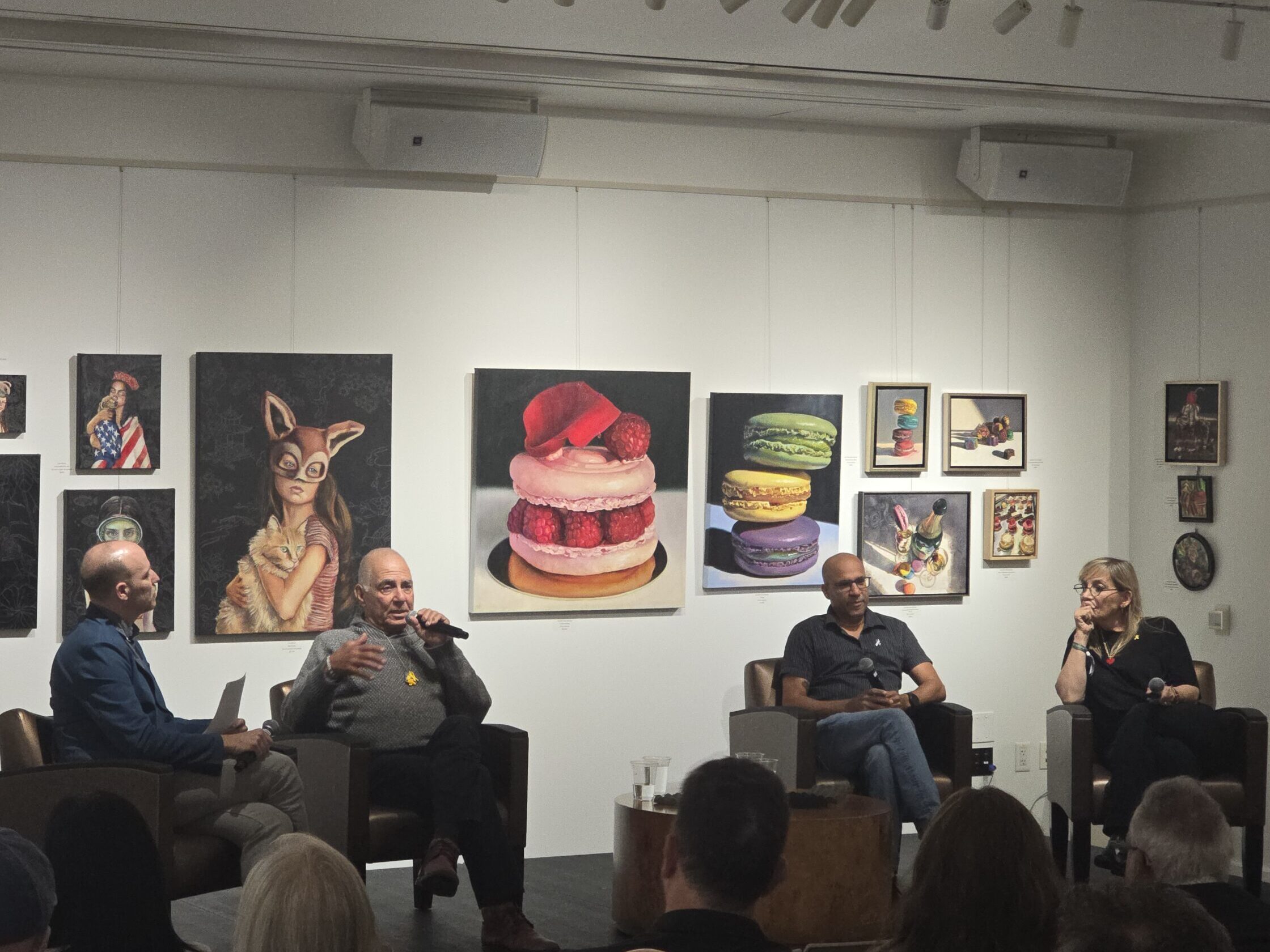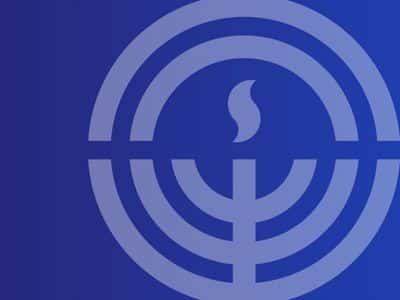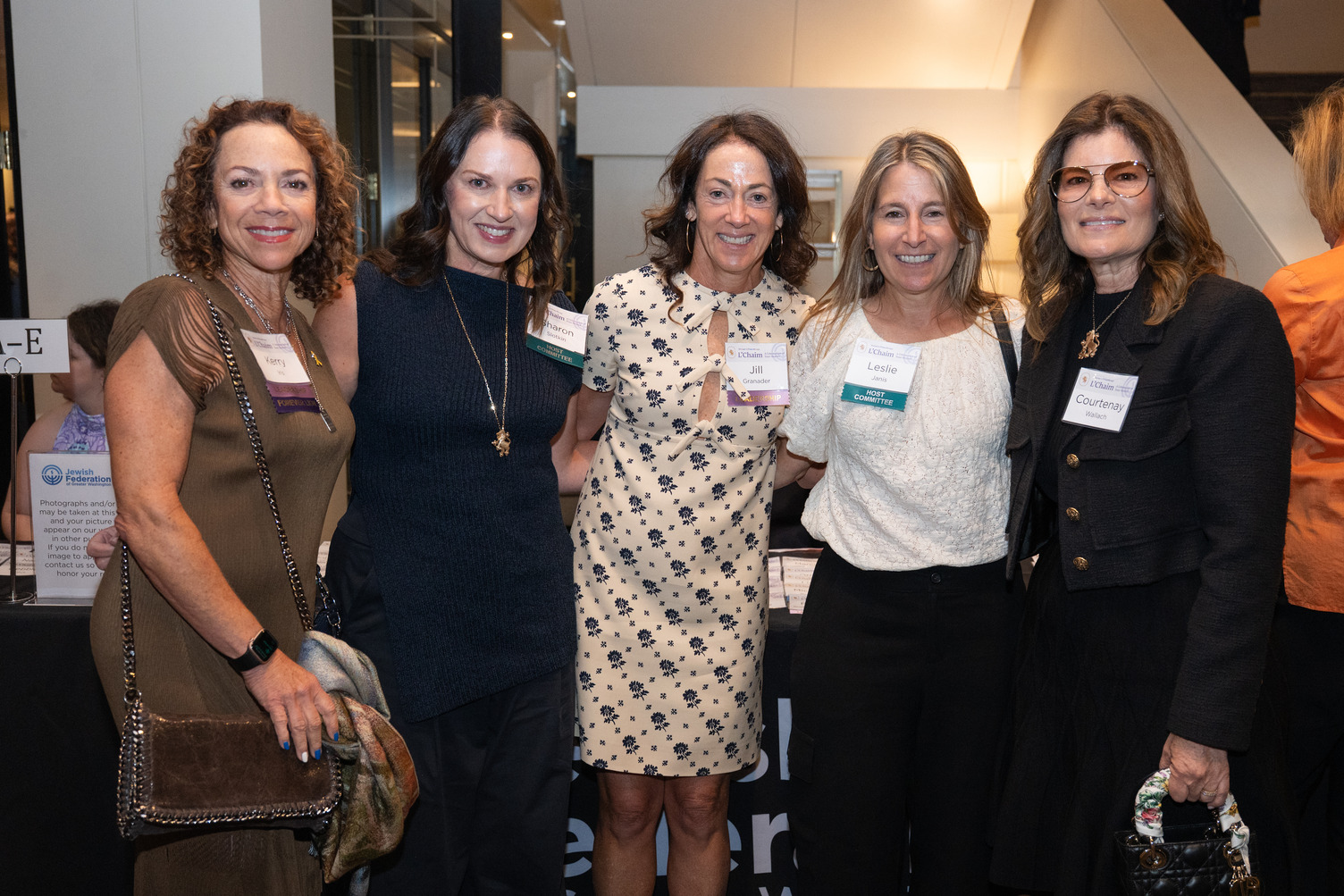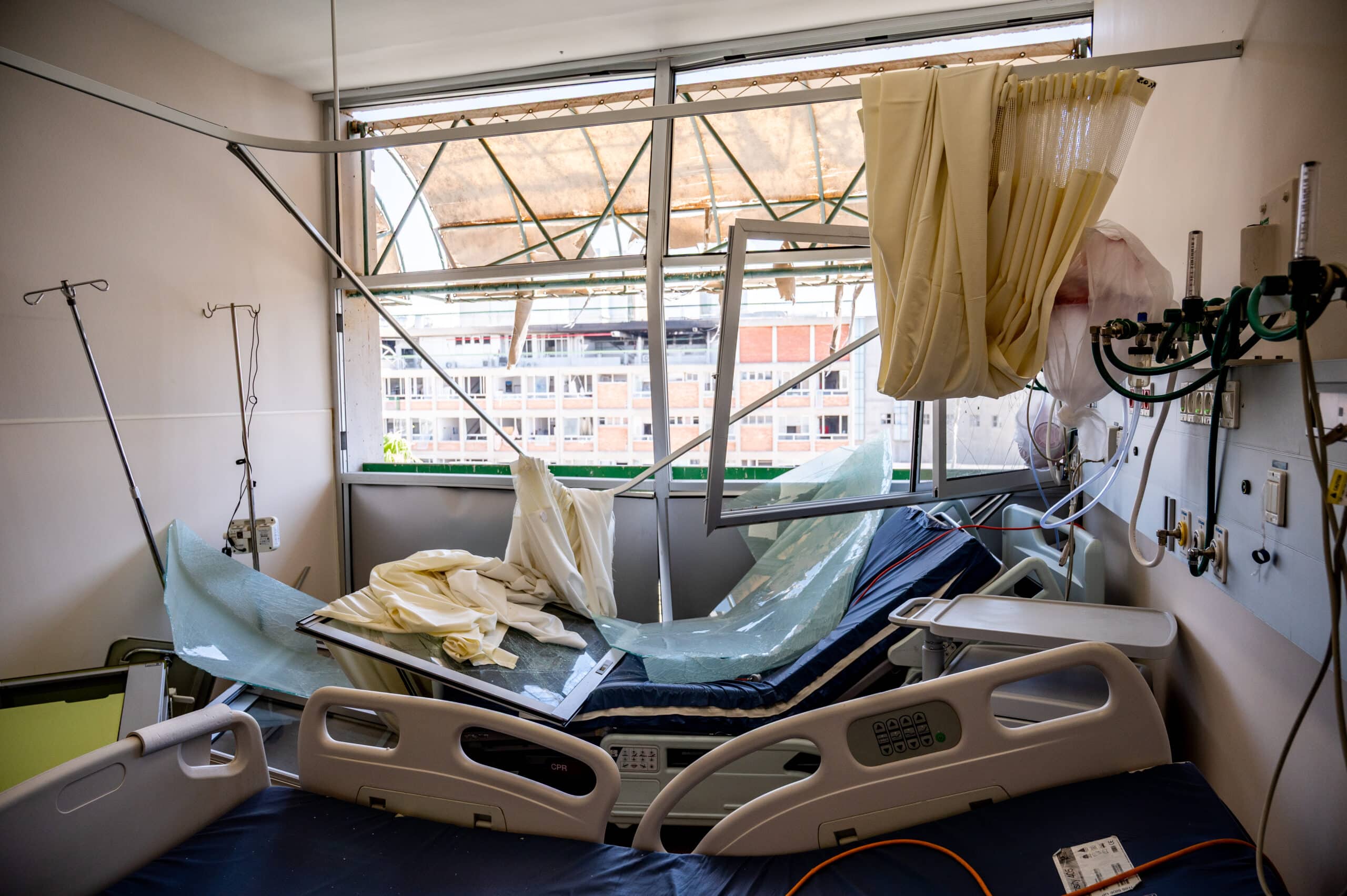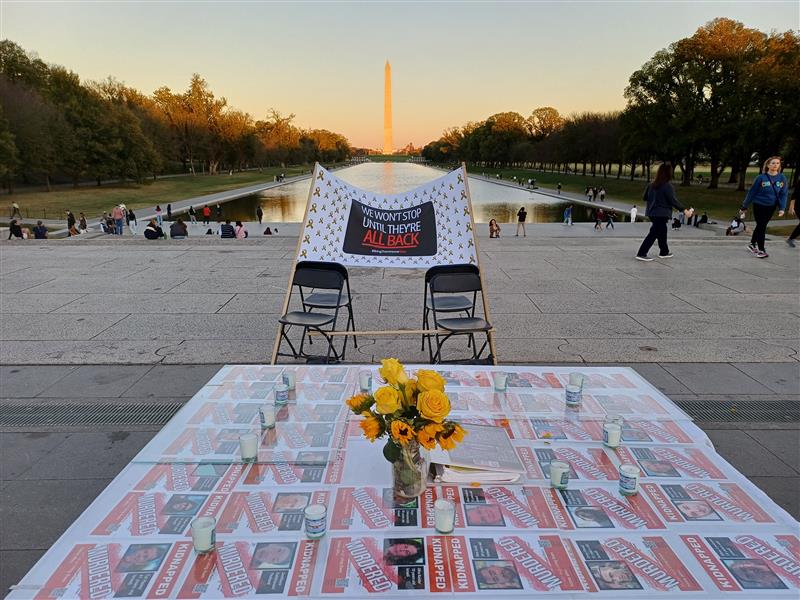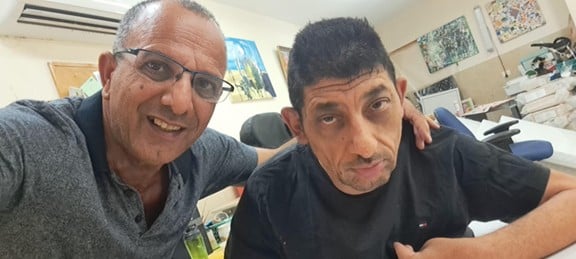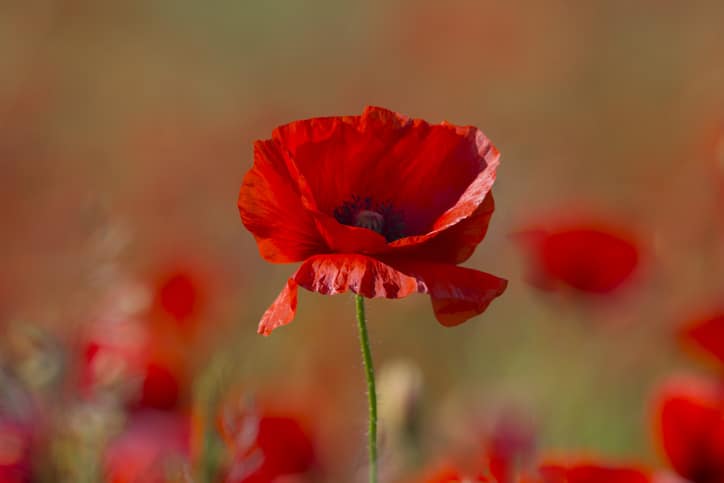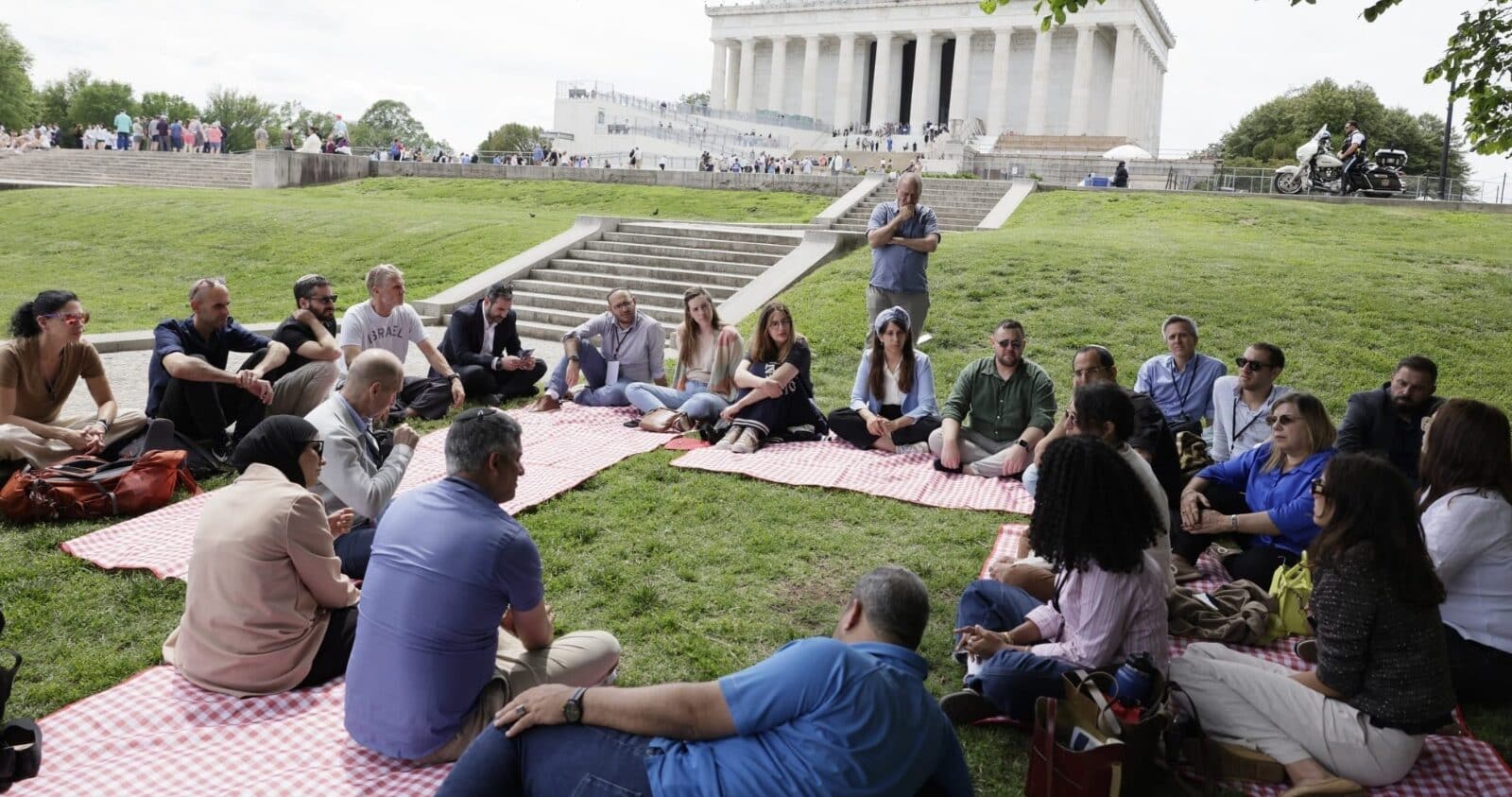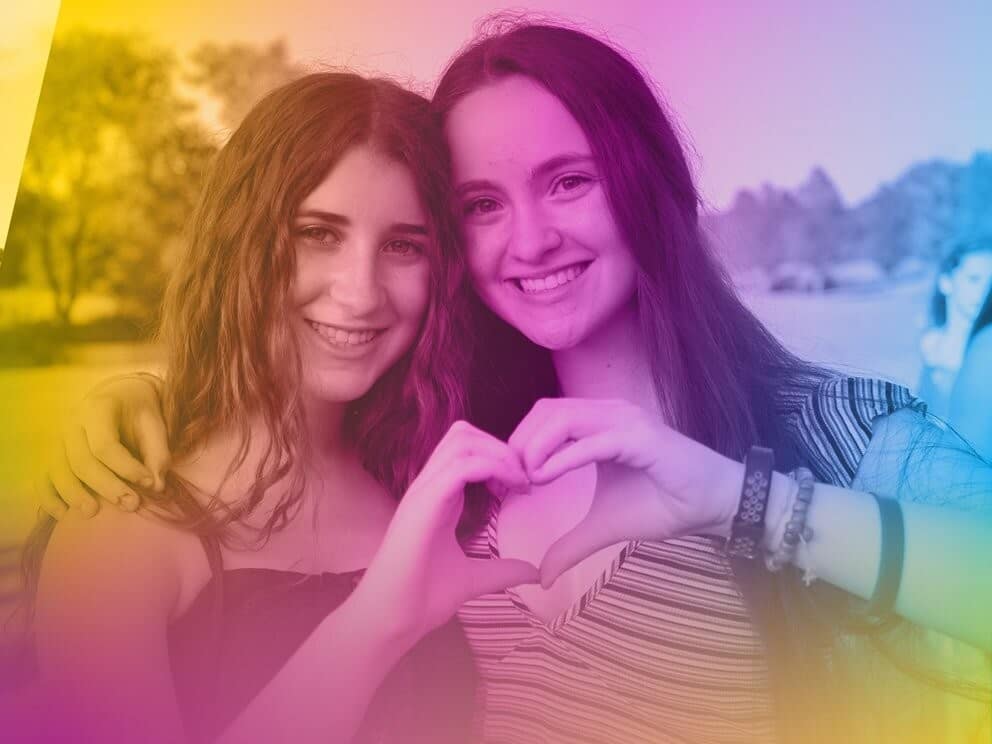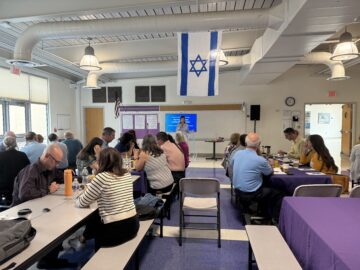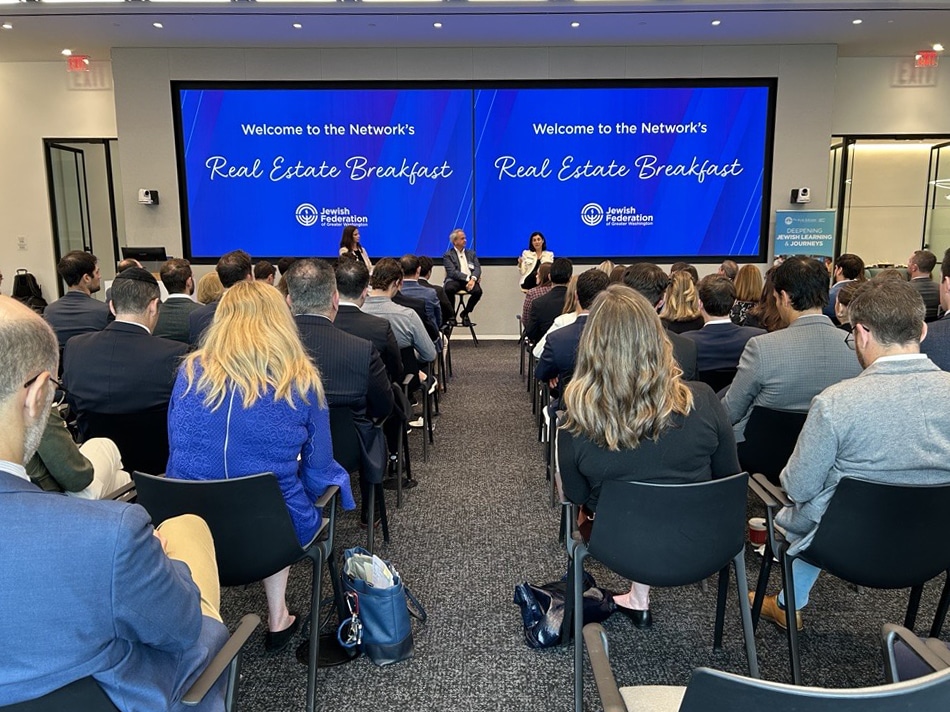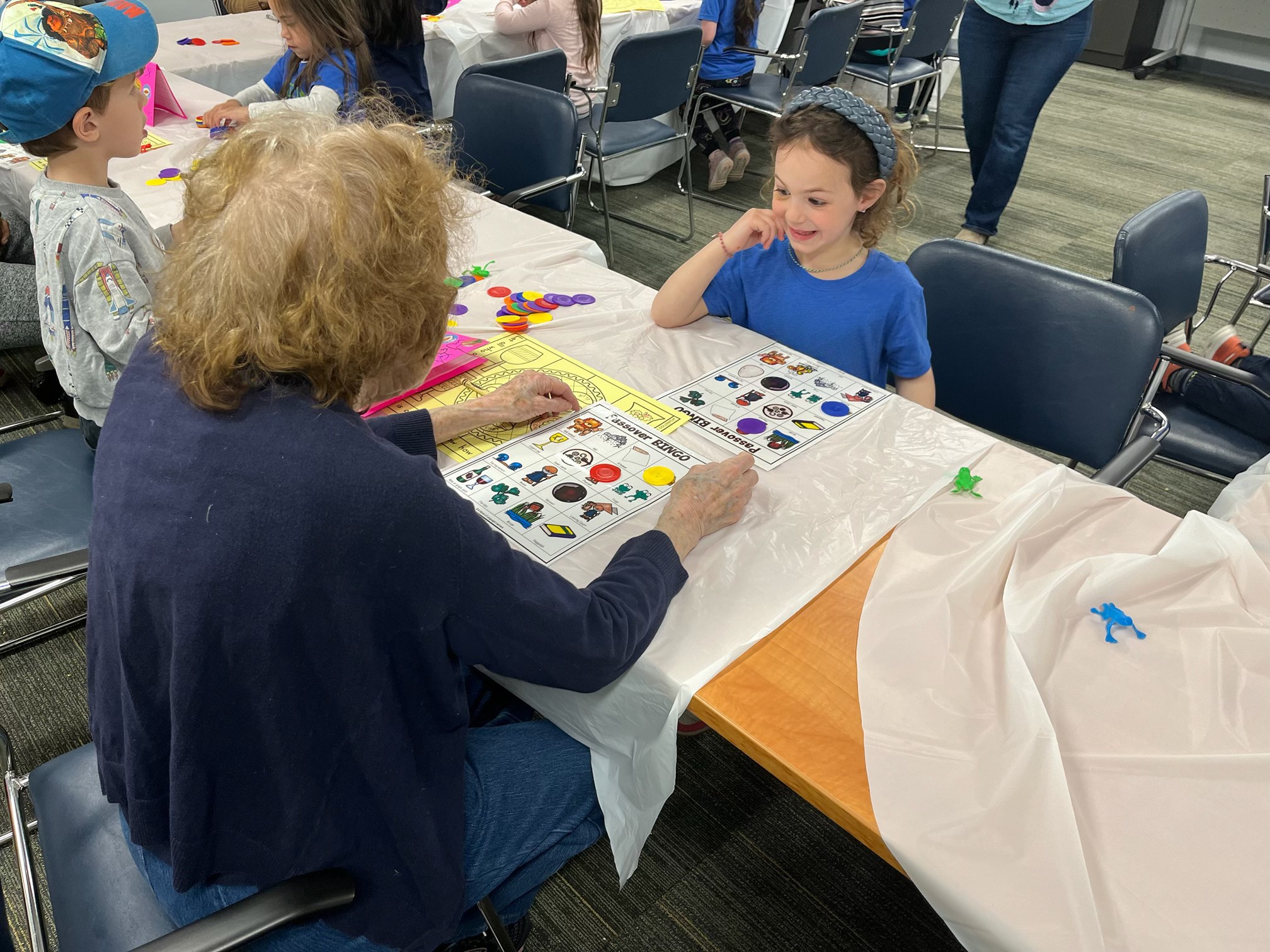Over the past year, I have had the honor of serving as the Senior Shlicha (Israeli emissary) and head of the Israeli delegation on behalf of The Jewish Agency and the Jewish Federation of Greater Washington (JFGW). I relocated here last summer with my husband and our three children.
Our delegation of young Shlichim is the second-largest in North America, comprising 11 passionate and dedicated emissaries. This speaks to Federation’s deep commitment to meaningful Israel engagement and its recognition of the Shlichim’s vital role in building bridges between Israel and this vibrant local Jewish community.
Just last year, the Mishlachat (delegation) reached nearly 20,000 participants through more than 400 programs. Our Shlichim serve in congregations, JCCs, the Federation itself, and Makom, where one Shlicha works with individuals with disabilities. From Gaithersburg to Fairfax, our presence spans the region, reflecting our shared goal of connecting with and positively impacting the entire Greater Washington community. At the same time, we are committed to bringing the strength and solidarity of this beautiful community back to Israel.
As we finalize next year’s work plan and prepare to welcome new Shlichim to our delegation, I’ve taken time to reflect on the approaches we use to deepen the relationship between Israel and our local Jewish community.
Here are three moments that shaped my understanding of our role as Shlichim.
1. Commemorating October 7 – Pozez JCC
One of the most meaningful experiences I participated in was a commemoration event held at the Pozez JCC to mark one year since the deadly attacks on October 7. The evening included workshops focused on Israeli art and storytelling. I presented an Israeli art gallery titled Wrapping Memory, which explores life in the Gaza envelope region prior to the attacks.
During my presentation, I introduced the symbol of the red poppy—Israel’s national flower—and its layered meanings. The poppy symbolizes beauty, nature, connection to the land, and renewal. But it also represents loss and mourning. In Israel Defense Forces terminology, perach (flower) is used to refer to a fallen soldier.
Many in the audience had never encountered this symbolism before. But in that moment, they connected emotionally with something deeply Israeli.
Aha Moment:
This event reminded me of the unique power of cultural programming. Through music, art, literature, and language, we can foster shared understanding and invite meaningful conversation about Israel—without always centering politics. Even in the wake of tragedy, new spaces for dialogue and connection can emerge.
2. People-to-People Connection – A Grandmother’s Words
This next story comes from one of our Shlichim, Tamar, who led a B’nai Mitzvah program focused on Jewish and Israeli values. Families were invited to a final celebration. Afterward, a grandmother approached her and said:
“When you asked the kids what makes them feel Jewish, I realized—having you here, and what you represent, makes me feel more Jewish.”
Aha Moment:
That simple, powerful statement reminded me that genuine connection happens through people—not just programs. A Shaliach’s presence can become a living bridge between Israel and local Jewish life, deepening one’s own Jewish identity. Through relationships, conversations, and shared experiences, Shlichim create bonds that no one-time event can replace.
3. Facilitated Dialogue – Empowering Young Voices
A few months ago, I co-led a panel for young professionals from across the DMV. We discussed the complexities of modern Israeli discourse, the rise of antisemitism, and the overwhelming role of social media in shaping perceptions.
Many of the participants had grown up with an idealized image of Israel—Eretz Zavat Halav U’dvash (a land flowing with milk and honey)—and had little exposure to its complexities. Some expressed feeling insecure when faced with difficult conversations about Israel or antisemitic rhetoric. They felt unprepared and lacked the tools to speak up.
We discussed the value of open dialogue, approaching disagreement with curiosity and courage, and the importance of finding one’s voice. I shared that growing up in Israel, I was encouraged to speak up, ask questions, and stand for my beliefs. I told them: “You just need to be a little more Israeli.”
Aha Moment:
Empowering young adults to engage with Israel requires more than information—it requires confidence, resilience, and helping them find their voice. We must not only teach about Israel, but also support our community in learning how to speak about Israel—especially when it’s difficult. This is one of our goals for next year.
Thank you for the opportunity to share these reflections. As Shlichim, we are honored to walk alongside this community—to listen, to connect, and to build bridges of understanding in both directions.
As we reflect on the events unfolding in Israel, I truly believe we are living through historic moments. My hope for the coming year is that we will reunite to mark peace, not war, and that all the hostages will return home soon.
